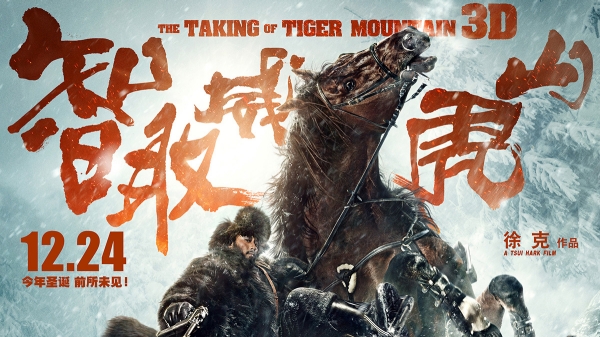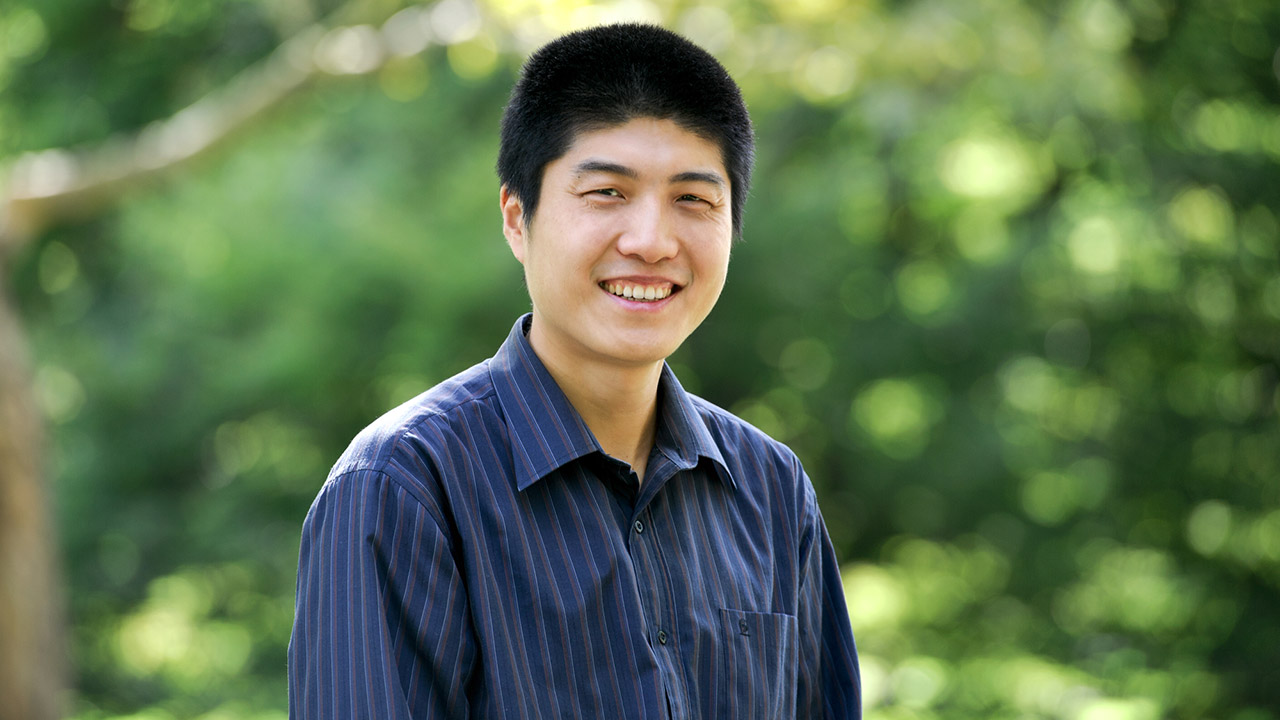Transforming the Liminal Hero: Border-crossing Interconnections in The Taking of Tiger Mountain

Transforming the Liminal Hero:
Border-crossing Interconnections in The Taking of the Tiger Mountain (2014) and Its Textual Pedigree
A talk by Zhuoyi Wang
Thursday, April 26, 3:00 pm - 5:00 pm
Room 670
Department of Cinema Studies
721 Broadway, 6th Floor
Known as a Hong Kong director of action-filled and visually spectacular blockbusters, Tsui Hark made a seemingly surprising move in 2014 and shot a 3D remake of the 1970 Maoist revolutionary opera film Taking Tiger Mountain by Strategy in mainland China. Existing scholarship tends to see the remake as merely a reflection of the close marriage between politics and commerce in contemporary Chinese cinema.
This talk offers a more nuanced perspective on the remake, revealing how its deep historical dimension generated complexity and subtlety in Tsui’s approach. Rather than just commercially packaging and disseminating current state ideology, the remake reflects Tsui’s long-term personal and artistic navigation across multiple national and ideological borders. It embodies Tsui’s signature way of constructing alluring cinematic shapes for a liminal “Chineseness” that lacks substantial reference, consistency, and clear origin. Precisely for this void, the remake may resonate with a diverse range of Chinese cultural, political, and ethnic subjects.
Presented by the Asian Film and Media Initiative. Free and open to the public.


Biography
Zhuoyi Wang is Associate Professor of East Asian Languages and Literatures and the coordinator of the Chinese Program at Hamilton College. His scholarly and translation works have appeared in Journal of Chinese Cinemas, Journal of Beijing Film Academy, Literature and Art Studies, Berkshire Dictionary of Chinese Biography, China Review International, and Literature. His scholarly book, entitled Revolutionary Cycles in Chinese Cinema, 1951-1979 (Palgrave MacMillan 2014), discusses how the cyclical development of Maoist revolutionary campaigns complicated and diversified the meanings of films.
